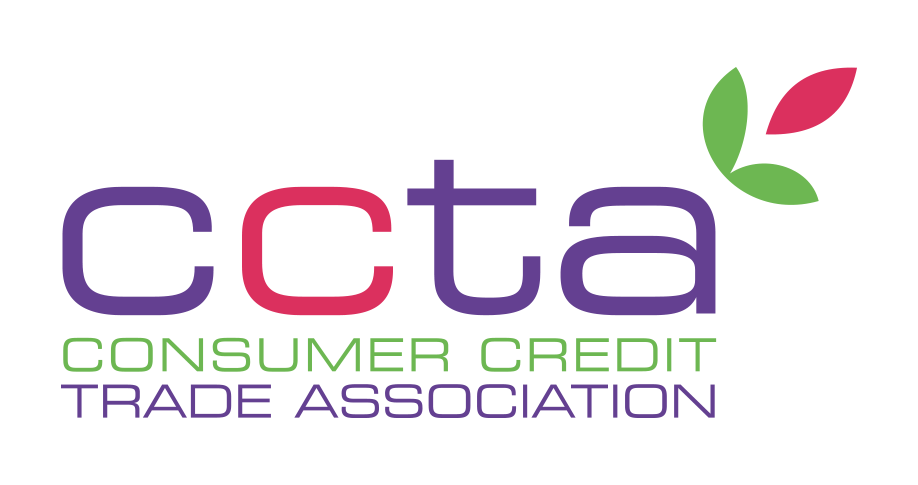General bad debt and how a negative credit score affects you
SO, you have gone to clearscore.com and discovered that you have a bad credit score? It is only natural to wonder why and how it happened.
In this article, we will delve more deeply into the composition of how credit score is measured and list a number of ways in which you can harm your credit score without meaning to.
1. How do you get into general bad debt?
Sometimes a low credit score does not mean you are a bad payer. When calculating your credit score the following things are considered;
- • Your payment history
- • Credit age
- • Recent credit
- • Level of debt
- • Mix of credit
Things like having a high credit balance or settling your credit in general typically has a negative impact on your credit score. The exact impact depends on a multitude of factors: the current condition of your credit, the reporting practices of your creditors, the size of the debts being settled, whether or not your settled debts are presently in good standing, how much less than the original balance the debt is settled for are just some of the areas that are considered.
2. How will a bad credit score affect you?
a) Getting a loan can be difficult
Your credit score directly affects your likelihood of securing approval for a new loan or credit application. The lower your score, the less likely you are to find a willing lender.
b) Higher Rates and More Restrictive Terms on Approved Loans
Every lender is different, and some are cagey due to the proprietary nature of internal borrower evaluations. But the majority are upfront about the fact that lower credit scores mean higher interest rates.
c) Trouble Renting an Apartment
If you’re applying for an apartment lease, the landlord is likely to run your credit, unless local laws explicitly forbid the practice. From the landlord’s perspective, the need for a pre-lease credit check is understandable, as applicants with lower credit scores are statistically less likely to make timely rent payments. This can have an impact on where you end up living.
d) Trouble Getting a Job or Security Clearance
One may think that there’s little, if any, correlation between employee credit and job performance. But that doesn’t stop employers from checking the credit of prospective employees during the hiring process.
3. How can you maintain good credit?
Click here
- • Don't Close Old Credit Card Accounts
- • Pay your bills on time
- • Keep credit card balances low
- • Monitor your credit score

